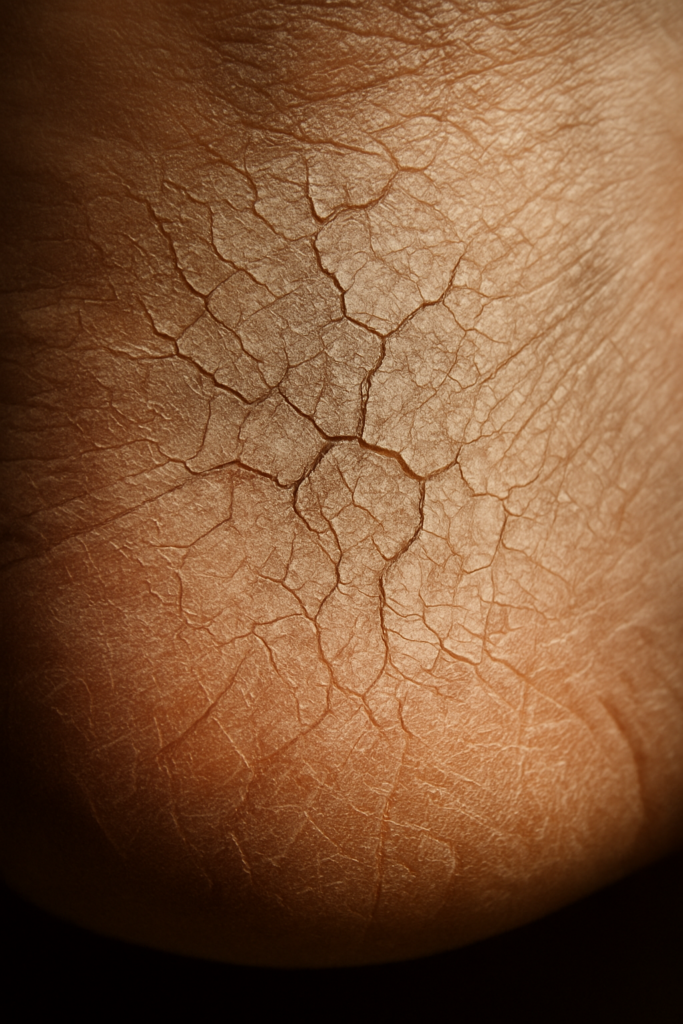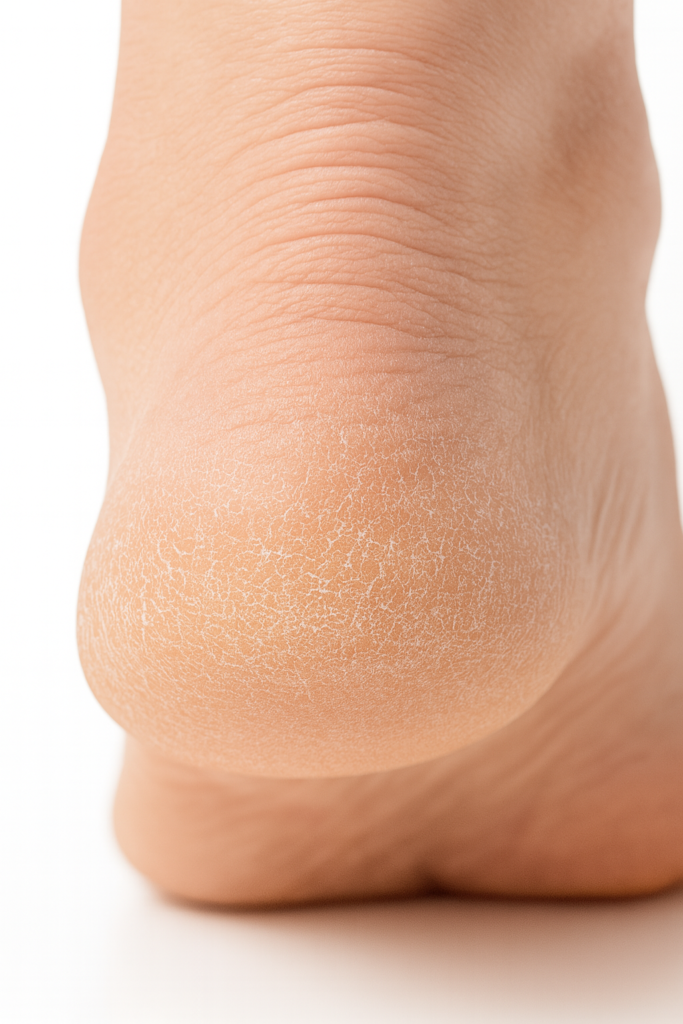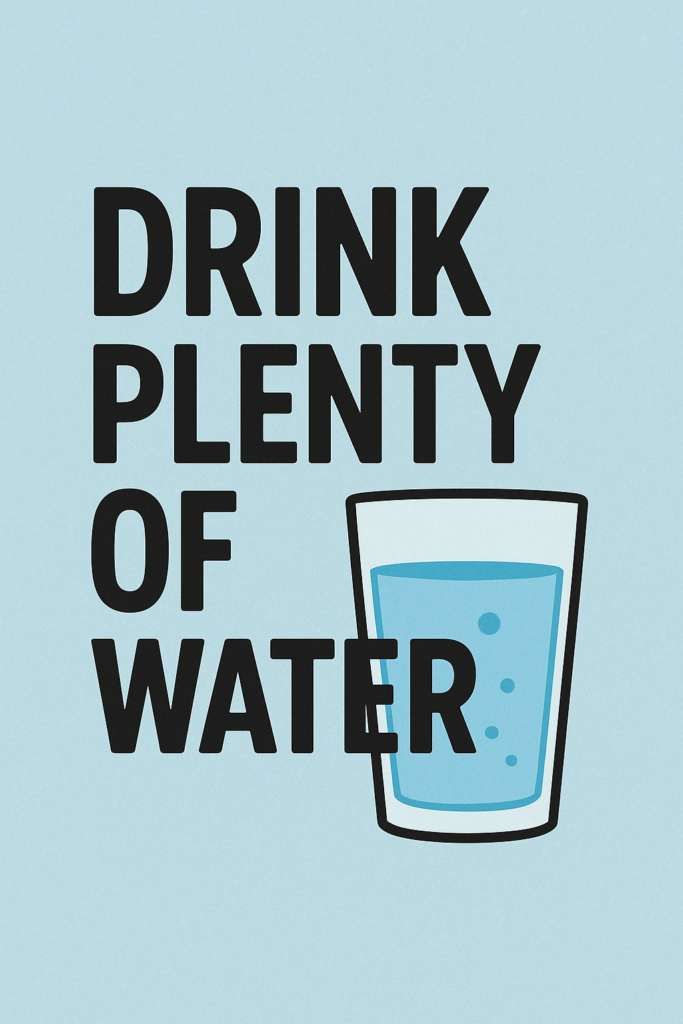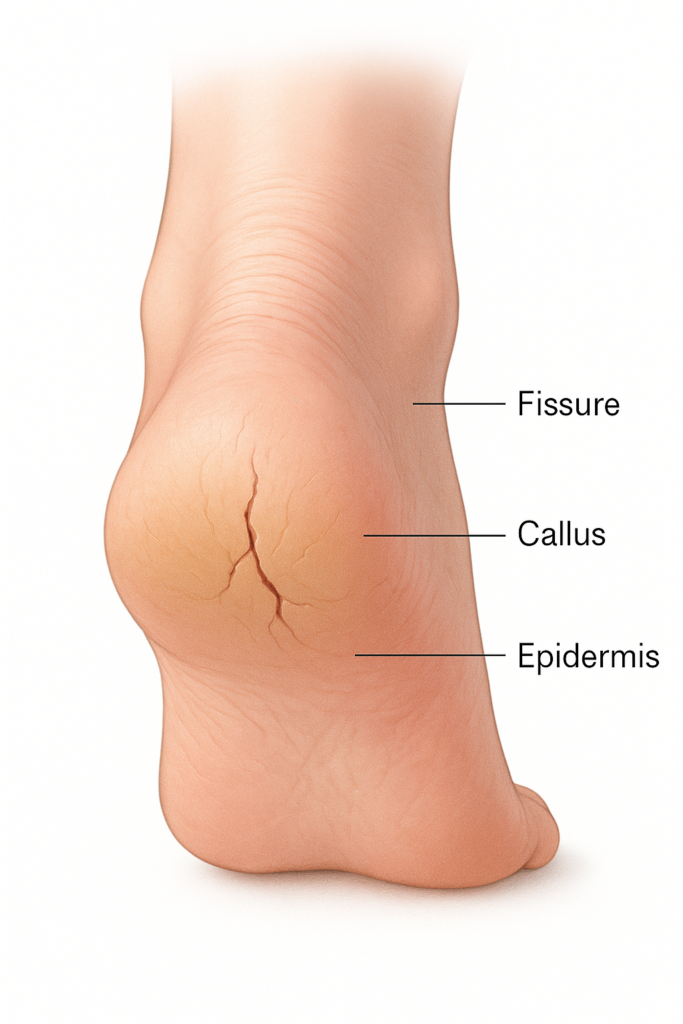Do your heels crack every winter? Don’t ignore it!
Every year, as winter deepens and temperatures continue to drop, many people experience noticeably dry skin.
Especially on the hands and feet. The palms become noticeably drier and prone to peeling. The ankles become wrinkled, and the heels become dry and hard. In more severe cases, cracking, dryness, itching, pain, and bleeding may occur.

Why is this happening? Is there any solution?
Causes of cracked heels
1. Dry air
In winter, my heels often crack because the dry air affects the secretion of sebum, making my skin very dry and even cracked.
2. Vitamin deficiency
A deficiency in vitamin A or vitamin E can cause cracked feet.
3. Insufficient moisture
The skin on our heels and surrounding areas has relatively few sweat glands, so the skin tends to be relatively dry, especially in autumn and winter, and is prone to cracking due to a lack of elasticity.
4. Inappropriate socks and shoes
If we wear unsuitable socks or shoes, the skin on our feet will rub against each other, causing dryness and cracking.
5. Skin ageing
Cracked heels are a common problem among middle-aged and elderly people. For them, the skin tissue on their bodies is prone to decay and replacement due to long-term wear and tear.
Moreover, compared to younger people, the metabolism of middle-aged and elderly people is slower, resulting in more dead epithelial cells and a slower rate of new cell generation, which can lead to cracked feet.
6. Foot fatigue
People who frequently participate in outdoor sports or whose feet are often tired often have cracked feet.
7. Fungal infection
If someone contracts tinea pedis (athlete’s foot) or other fungal infections and scratches it without allowing the infection to heal, it can lead to peeling, dry, and cracked skin on the hands. Therefore, it’s essential to maintain personal hygiene, change shoes and socks regularly, and seek medical attention promptly.
What to do about cracked heels?

1. Persist in soaking your feet
Soaking your feet in warm water regularly helps keep them moist, which is very helpful in preventing cracking in winter.
After soaking your feet, dry them immediately and apply a foot cream or petroleum jelly with a high oil content to keep the skin moisturised and prevent dry, cracked, and peeling feet.
2. Apply moisturiser
If it’s just dryness, it’s recommended to choose a moisturising cream containing ingredients such as glycerin, petrolatum, vitamin E, and allantoin.
3. Supplement with vitamins
You can choose to take vitamin tablets or eat fresh fruits and vegetables to replenish the vitamins you need at any time.
4. Pay attention to hygiene
Maintain good personal hygiene, wear breathable socks and shoes, and wash your socks and feet frequently.
5. Drink plenty of water

Drinking plenty of water can effectively replenish fluids and is beneficial for maintaining good health.
6. Massage

When you sleep, you can also apply some moisturising essential oils, such as olive oil, to your feet, which will also have a certain effect.
So, are you ready to soak your feet together tonight?

